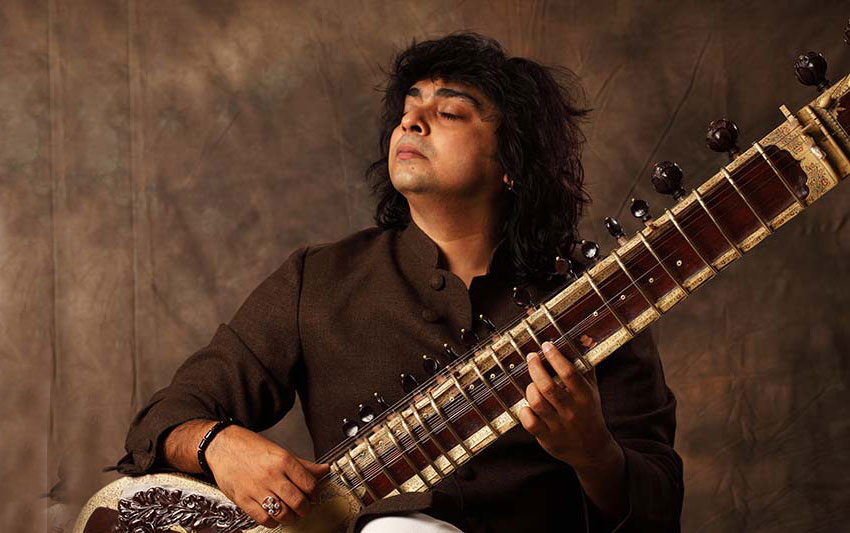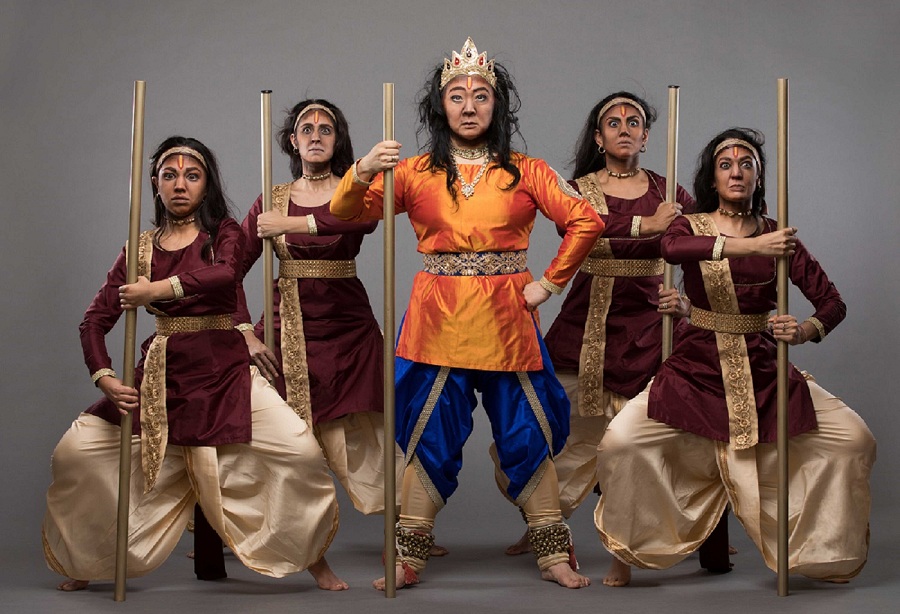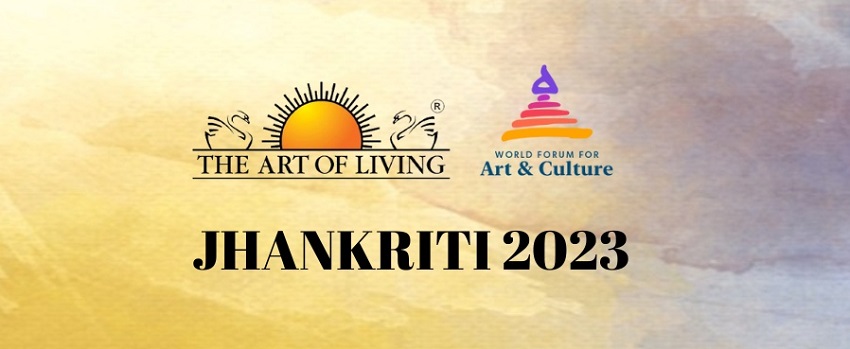It won’t be an exaggeration to call Zila Khan, the contemporary face of Indian classical music.
The talented singer and actor has not only regaled us with her classical music but she has also infused a new life in the semi-classical music genre. Her music has been able to cast a spell across age-groups and even across cultural and lingual barriers. Khan was recently touring the US, where she performed in front of the American audiences who got riveted by her sufi and ghazal forms of music.
The singer who was lately seen in playing a memorable role in Bollywood ensemble movie
Bajirao Mastani talks to Classical Claps from Houston, Texas, where she is currently enjoying the American weather and presenting her craft to western audiences.
CC: These days a lot of Sufi music is also incorporated in Bollywood. What are your thoughts?
ZK: Sufi music is something that is ingrained in our culture. It is woven in our fiber and it has to appear everywhere. Though I love the thought behind those Sufi songs but barring AR Rahman bhai’s sufi songs or even the Indian Coke studio songs do not do total justice to the bhakti ras of sufiana kalaams. I do take my audience on a ‘trip’ when singing sufiana kalaam, which is its soul.
[adrotate banner=”1″]
CC: but do you feel that classical Indian forms of music suffer because mainstream attention is bagged by Bollywood?
ZK: Well, if our music industry would have pumped in the kind of money that is pumped in by film producers for their songs, even our music world would have thrived but unfortunately that was not so and that is why even those music companies have died down. So, it is left to us artists to do what we can and now I am producing and financing music festivals from our own pockets to bring in that important change. We are striving to ensure that audiences experience our kind of music.
CC: Who are your favourite classical musicians and why?
ZK: my favourite classical musician is my father Ustad Vilayat Khan because he was not just legendary but because he was instrumental in changing the texture of North Indian classical music forever. My documentary on him titled Spirit to Soul talks about that important journey.
He was like a Ghalib or a Kalidasa. I also love Ustad Maa Kishori Amonkar. I used to fondly call her phuppi. Just like my father I admire her for her aesthetics in music.
CC: What message would you like to give to youngsters who are experiencing a renewed interest in Sufi music. Also are there any ways to ensure that they do understand and admire such a rich legacy?
ZK: For the youngsters I produce Sufi music with the authentic singing and literature in lyrics but also with World Music which they may be more prone to love and listen. I love all kinds of music so for me to do it the traditional way or in the new world music kind of way is both satisfying on the similar level. My message to youngsters would be that they should enjoy this form of music just as we enjoy it or as I usually say – Just fly with the music.










